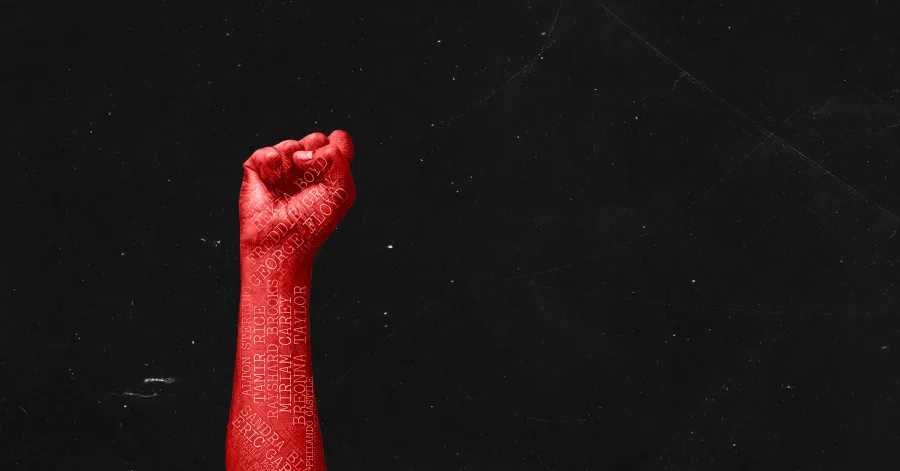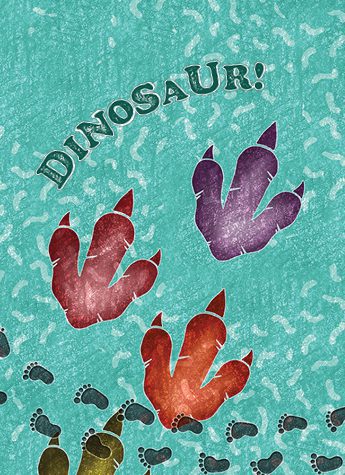- Shows &
Tickets - Classes &
Camps-
-
-
-
Interested in after-school activities for your kids? Explore After School Programs
-
-
-
- Schools &
Educators-
-
- Schools & Educators
Partner with the Alliance Theatre Institute for professional learning for educators and arts-integrated or theater-based instruction for students.
-
Unique Programs
We offer unique programs that use the power of the arts to inspire students, develop skills, and create positive change in schools and communities.
- Poetry Out Loud: Georgia
- JumpStart Theatre
-
-
-
-
Tickets for Teachers is a free ticket program for educators for Alliance Theatre productions. View Program Details
-
-
-
- Artists &
Community-
-
- Artists & Community
Learn more about our playwriting programs, partnerships with community organizations, and resources for artists.
-
An exploration of theater and the people who make it happen.
-
Check here for all major announcements from the theater.
-
-
- Impact &
Support-
-
- Impact & Support
Your support brings stories to life, funds community programs, and ensures more people have access to powerful theater experiences.
-
Name a Seat in the Goizueta Stage
Put your unique handprint on better tomorrows for Atlanta's young audiences.
-
-

Highlights from the October 2020 series on art and activism, plus access to digital recordings of the programs.
What role can art play in activism? In the words of prominent American author, feminist theorist, and social activist bell hooks, “the function of art is to do more than tell it like it is—it’s to imagine what is possible.”
In October 2020, the Alliance Theatre invited artists, activists, and community leaders in Atlanta to collectively imagine a more racially just and equitable future by responding to prompts from the New Black Fest’s play Hands Up: 7 Playwrights, 7 Testaments—created in 2015 in the wake of the Michael Brown shooting and composed of seven different monologues depicting various realities and perspectives in Black America.
Five prompts formed the spine of a series of community events called Hands Up Atlanta: Arts and Activism, each sparked by a film short inspired by Hands Up: 7 Playwrights, 7 Testaments, and created by directors Alexis Woodard and Keith Arthur Bolden.
The film shorts premiered at the start of each event to spark conversation on the topic of art as a form of activism (what does art do for activism?). The culminating event Standing Up for Racial Justice in the Arts turned the focus inward, toward the need for anti-racist activism in the arts (for more on how the Alliance Theatre is responding to the call for racial justice, read here.
Hands Up Atlanta was a weekly platform that connected audiences to local artists reckoning with the pressures and opportunities of a moment shaped by a global pandemic, a polarizing presidential election, and mass protests in response to the loss of Black life in the shootings of George Floyd, Ahmaud Arbery, Breonna Taylor and others.
The conversations did not set out to define one kind of activism, but instead explored a spectrum of arts-based tactics for social change: interventions into cultural discourse, promoting healing and building community, and direct action in a protest or political campaign.
Here are the prompts from each event and a highlight from a participant, plus a link to the full digital recordings available until Dec. 1st.
How can artists reshape the image of the “Black Male”?
With comedy you are trying to create a set-up and a punchline, and so you set someone up to think you are going in one direction and then you try and flip it…In terms of [resistance in comedy] it’s an expected thing, expected thing and then a surprise or a surprise, surprise and then something serious. Rhythmically trying to [subvert].
—Comedian Mark Kendall
Comedian Mark Kendall discusses how comedic structure challenges stereotypes and how he avoids inadvertently reproducing these harmful stereotypes by pointing to them. During the event, audiences screen Kendall’s new comedic film short that offers a satirical look at the fears and anxieties that have historically conditioned racial segregation in Atlanta through its roads, highways, and public transportation.
WATCH the full conversation.
How does storytelling reconcile and strengthen multiple identities at the intersections of Black Lives Matter and LGBTQIA+ rights movement?
There are artists who use their art explicitly as a political site. A contemporary example are people like Patrisse Cullors, who is one of the founding members of the Black Lives Matter movement. What’s so interesting to me about Patrice’s work is that she is an artist. And one of the first things she did around the BLM movement was stage a performance about anti-black police violence, including recordings of her mother’s telephone calls she made to the sheriff where her son was being held.
—E. Patrick Johnson, Dean of the School of Communication and Annenberg University Professor of Performance Studies and African American Studies at Northwestern University
E. Patrick Johnson calls forth a history of non-binary and queer Black folks who transform space by their existence, such as drag king Gladys Bentley in the 1940s and Wilmar Broadnax, a gender non-binary person who presented as male, in the 1960s. During the event, he performs a monologue about how, “we as queer people protect ourselves when we are being bullied,” from his oral history anthology of Black gay men in the South titled Sweet Tea. The excerpt is of Freddie Styles, an Atlanta native.
WATCH the full conversation.
How might art challenge the trope of the “strong Black woman” and provide healing from racial trauma?
It’s my goal to always take up a lot of space. It’s really important to have a lot of scale within my work, and my scale and subject matter is normally Black woman, I made a proposal to do this work [about Breonna Taylor]…I have about four walls full of nothing put Breonna, huge images that I hope the patrons and audiences are able to take up, and around her is an alter of tiara glass and salt water, a representation of our tears and also her sacrifice. These are the ways that I create advocacy in my body of work, just to heal myself as a Black woman. Understanding her experience, but not knowing it.
—Visual Artist Shanequa Gay
Initially, Hands Up: 7 Playwrights, 7 Testaments was a collection of six monologues, and a seventh was added to address the invisibility of the Black female experiences. In this event, female artists and medical professionals discuss the tropes that Black women confront and racism as a form of trauma in the body. They comment on how storytelling re-imagines public space and how Black female artists and mental health practitioners are transforming their fields from the inside out.
WATCH the full conversation.
How can art and literature for kids support families in their allyship journey?
We have to recognize that kids are able to start to differentiate between different races as early as a couple months old, so you gotta start from day one.
—Naima Carter Russell of @dramamamareads
WATCH a reading of the kids book Hands Up! By Breanna J. McDaniel and listen to a Q&A with Naima Carter Russell and McDaniel as they chat about anti-racist literature and kids arts programming for families. See Naima Russell’s list of top 12 anti-racist kids book recommendations here.
What does the future of Atlanta theatre look like?
One of the things that can be the biggest learning experience is to really dig into the tension of what it means to be an ally. What are you really willing to give up? It’s not easy, it’s uncomfortable. We have to start pushing those allyship buttons.
—Diany Rodriguez of Coalition for Racial Equity in Atlanta Theatre
Five grassroots theatre arts organizations introduce their advocacy work and the challenges and opportunities they face in fighting for racial justice in the Atlanta arts field. Introduced Susan V. Booth, the Alliance Theatre’s Artistic Director, and moderated by Maya Lawrence, the Alliance Theatre’s Allyship Director.
WATCH the full conversation.
Visit our Hands Up Atlanta Community resource page to learn more about the partner organizations and artists featured in the series.
Hands Up short films were directed by Keith Arther Boden and Alexis Woodard, produced by Jody Feldman and assistant produced by Skylar Burks. Actors included in the shorts: Lamar Cheston, Racquel Charles, Markelle Gay, Brandon Hirsch, Cynthia Barker, Jael Pettigrew, Christian Magby












